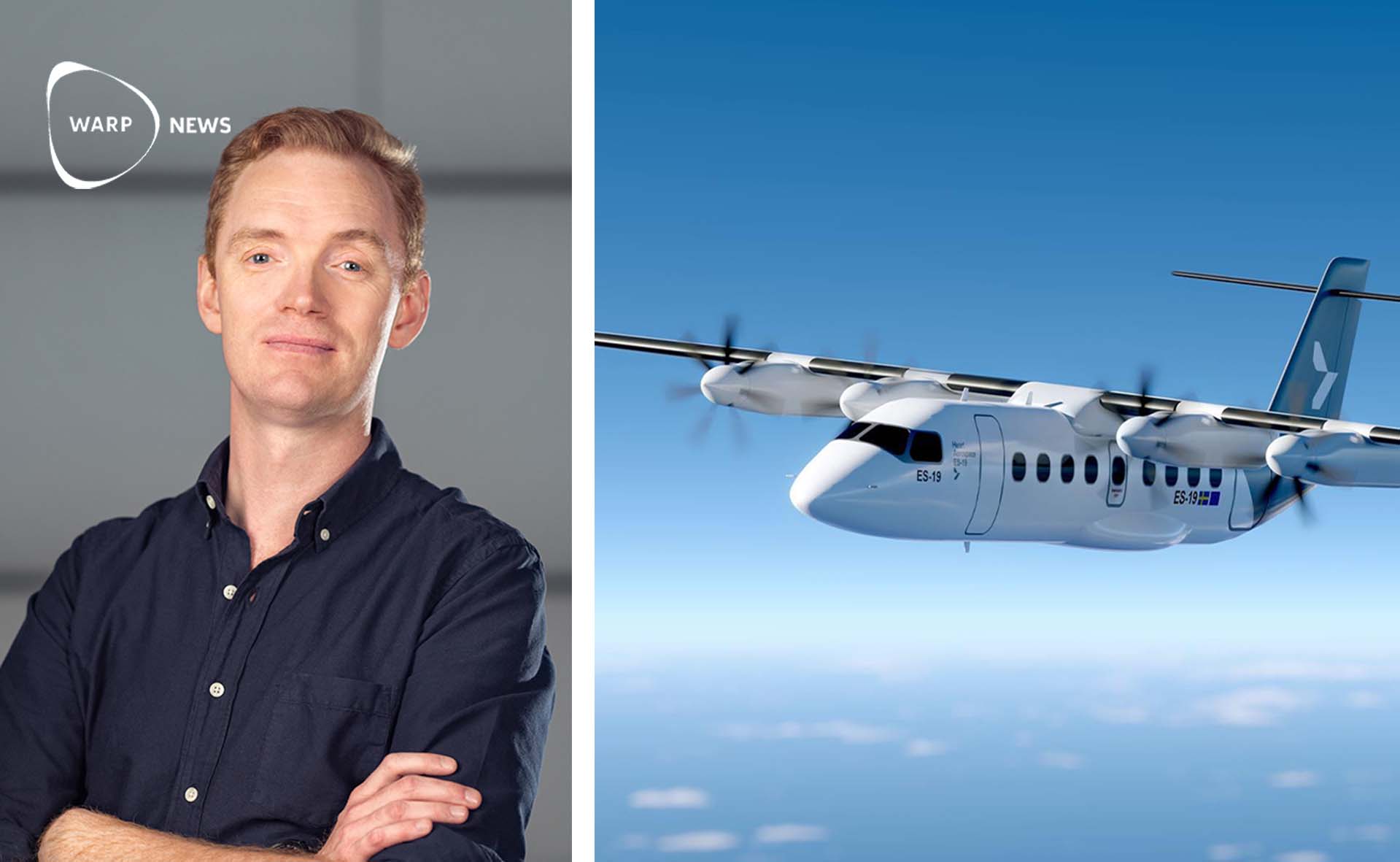
In Sweden, aviation accounts for as much emissions as the country's passenger car traffic. Reducing emissions from aviation is therefore very important and now researchers from the Chalmers University of Technology have shown that it's possible to completely eliminate the climate impact from aviation, reports Forskning.se.
To succeed in this, it is not enough just to replace fossil fuels with biofuels. But if we also combine the production of bio-aviation fuel with the capture and storage of carbon dioxide, we could achieve just that.
This does not mean that we can infinitely increase our air travel.
"For the first time, we have been able to show that bio-aviation fuels can completely eliminate the climate impact from aviation. But that does not mean that we can continue to fly like we currently are, because the demand for aviation fuel is too high to be met with sustainable alternatives. We have to fly when we really need to and for necessary long-distance travel we can use this type of climate-positive biofuels. For shorter flights, there may be other sustainable alternatives in the long run, such as electric flights", says Erik Furusjö, project manager and researcher at RISE, in a comment to Forskning.se.
Erik Furusjö and the other researchers in the project studied seven different production alternatives for bio-aviation fuels based on residual products from the forest. They investigated how these alternatives can be combined with different methods for capturing carbon dioxide in the production of bio-aviation fuel.
There are mainly two alternatives that provide the desired reduction in emissions. The alternatives are gasification and hydrogen treatment of residual products from the forest industry, combined with a method for capturing and storing carbon dioxide (CCS) during production.
Another method, CCU, can increase the quantities of biofuels, it is possible to get many times more biofuel from the same amount of raw material. This means that we can replace more fossil fuels with biofuel.
The researchers will now move on and try to commercialize the methods.
"It makes scientific sense to do as we suggest, now it is important to find a way that can also make it financially viable. With compensation for negative emissions in the order of 100 Euros per tonne of carbon dioxide, the best biofuel tracks could be cost-competitive", says Erik Furusjö.







